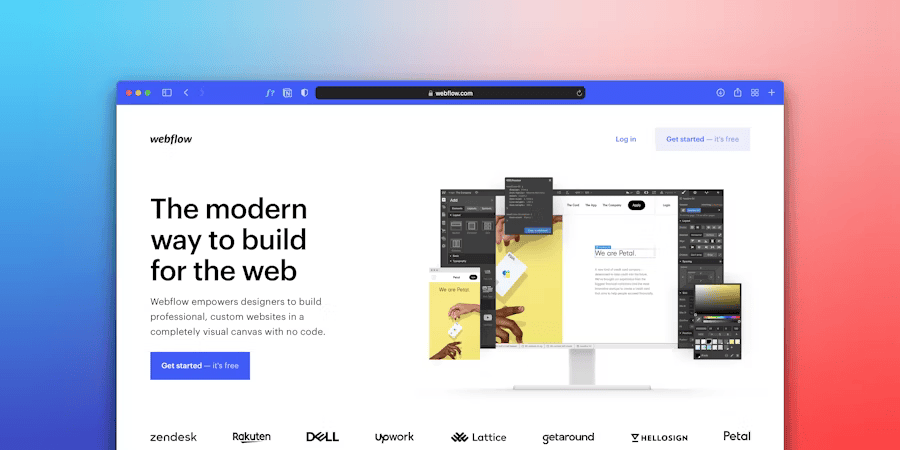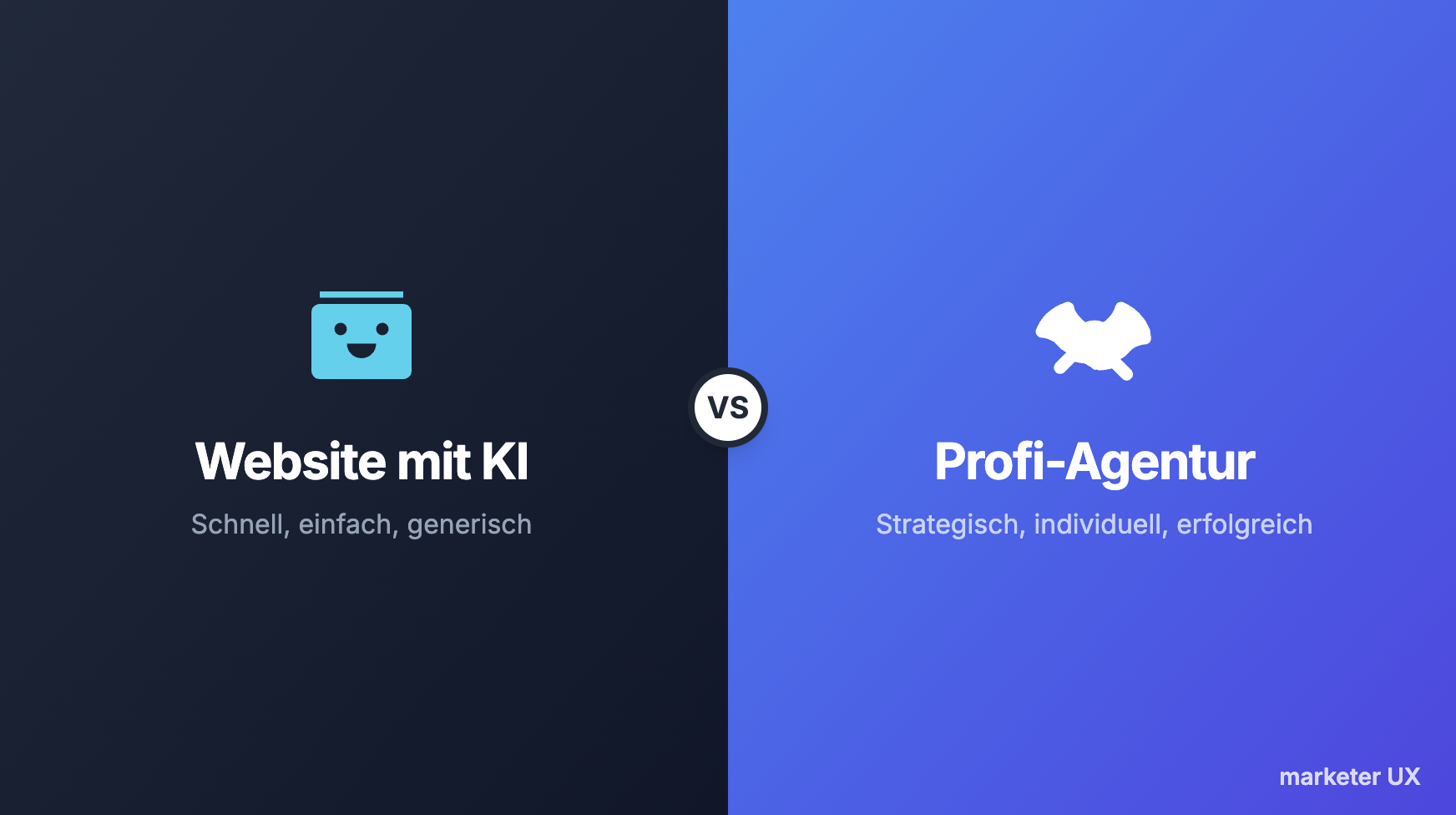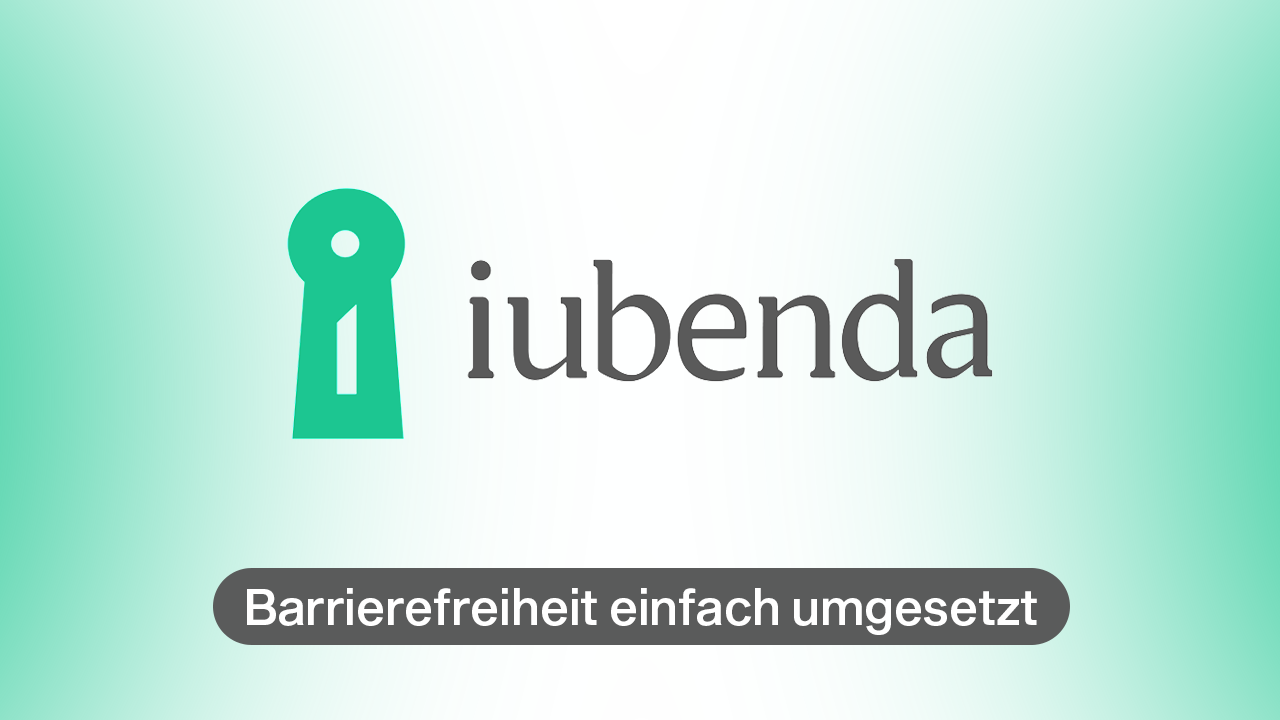Accessibility Strengthening Act 2025: The new obligation for digital accessibility
Short & concise
- Mandatory from June 28, 2025: Many companies must make their digital products and services barrier-free
- Among others, the following are affected: Online shops, banks, insurance companies, telecommunications vendors, software companies
- Exempt: Microenterprises with <10 employees and <2 million € annual turnover
- Basis: EU Directive 2019/882 (European Accessibility Act) → implemented in the Accessibility Strengthening Act (ASA)
- Risks in the event of a breach: Fines, warnings, reputational damage and exclusion of important target groups
Things will be serious from June 28, 2025: The Accessibility Strengthening Act comes into force
What does that mean?
The law obliges many companies in Germany to offer barrier-free digital products and services. For entrepreneurs in particular, this results in new obligations, which they must legally comply with.
If you don't prepare, you risk not only fines, but also the loss of customers — because digital accessibility is becoming the standard.
What exactly is the Accessibility Strengthening Act?
The Accessibility Strengthening Act is the central legal regulation for improving the accessibility of digital products and services for people with disabilities in Germany. This involves the implementation of EU Directive 2019/882 of the European Parliament and of the Council — also known as the European Accessibility Act.
This guideline describes and defines the accessibility requirements for products and services, particularly in the digital sector. The measures of accessibility requirements serve to harmonise accessibility requirements within the EU and ensure that a uniform standard is created.
The most important regulations of the Act concern the obligation to design digital offerings in a barrier-free manner, transition periods and exceptions, for example for micro-enterprises. Companies and public bodies are required to implement legal requirements and take appropriate measures to comply with accessibility requirements.
The law comes into force on June 28, 2025, and concerns in particular digital interfaces such as websites, apps, e-commerce platforms, e-book readers, banking services, online shops and software.
Who is affected? Who is exempt?
Institutions and providers affected:
- Online shops & e-commerce service providers
- Banks & insurance companies (e.g. online banking)
- telecommunications companies
- Software providers & manufacturers of digital products
- Service providers with digital offers or customer portals
- Providers of online bookings in passenger transport
Exempt:
- Microenterprises with less than ten employees and a turnover of not more than 2 million euros
Why your website should now be barrier-free
In addition to the legal obligation, compliance with accessibility requirements has clear advantages:
Key benefits:
- Legal certainty: Compliance with all requirements under the ASA, BITV 2.0 and EN 301 549 to avoid fines, etc.
- Higher reach: Accessibility for people with disabilities means more potential users
- Search engine friendly: Structured content in accordance with WCAG 2.1 is rated better by Google
- Stronger image: Demonstrate responsibility and underline social commitment
- Future-proofing: Digital inclusion is becoming an international standard
What exactly is being changed on websites?
The Accessibility Strengthening Act ensures that digital offerings will be accessible to all people — also for people with visual, hearing or motor disabilities. For companies, this means clear requirements for your websites and online stores.
Here are the specific changes that are needed:
Our 6-step process for an ASA-compliant website
With our experience from over 100 projects, we offer you a holistic service package:
- Website Audit: Analyze your existing site structure and content
- Consulting: Strategic implementation of Directive 2019/882 for your company
- Accessible UX/UI design: According to WCAG 2.1 AA and the Accessibility Information Technology Ordinance (BITV 2.0)
- Technical implementation: HTML5, ARIA, semantic structure, screen reader compatible
- Testing & optimization: keyboard navigation, color contrasts, alt texts, mobile accessibility
- Documentation & training: Legally compliant documentation for submission to testing centers and training your teams
Tools and resources to support digital accessibility
Implementing digital accessibility doesn't have to be an obstacle — quite the opposite: With the right tools and resources, companies, service providers and operators of online shops can make their products and services barrier-free step by step. In this way, you not only meet legal accessibility requirements, but also create a better user experience for all people.
Web Content Accessibility Guidelines (WCAG).
These internationally recognized guidelines provide clear requirements and practical recommendations on how websites, online offerings, and digital content can be developed and designed to be barrier-free.
They form the basis for most legal requirements in Germany and Europe.
Ordinance on Accessible Information Technology
This specifies the accessibility requirements for information technology in Germany.
It is particularly relevant for companies that want to adapt their digital offerings to German laws.
European Accessibility Act (EAA)
With this, the European Union has created a binding directive that harmonizes accessibility requirements for products and services across Europe.
The implementation of this directive into national law — such as the ASA — ensures that companies in Germany and across Europe comply with comparable standards.
Federal Monitoring Body for Accessibility of Information
It offers advice, information materials and assistance in implementing legal requirements.
Here, companies benefit from practical advice and up-to-date information on digital accessibility.
WCAG audit tools
There are numerous tools that you can use to automatically test your website, online shop or digital services for accessibility.
These tools provide concrete advice on how to further improve your offerings and meet legal requirements.
These resources and tools make it much easier to implement accessibility requirements for products and services.
They help companies see digital accessibility as an opportunity — for more inclusion, better user experience and a future-proof positioning in the digital market.
ASA complete package: Everything you need
Our all-round service for barrier-free websites, content and documents:
- Accessible web design & development
- Retrofitting existing websites (also for online shops)
- Optimization of videos, texts, PDFs according to PDF/UA standards
- Advice on CE marking of barrier-free products
- Creating barrier-free forms
- Training for editors, developers & marketing teams
- Optional: monitoring & continuous maintenance
Success through digital accessibility
Our customers from the areas of banking services, e-commerce, software and social facilities report the following:
- More user interactions on the website
- Fewer interruptions in the ordering or enquiry process
- Positive feedback from user groups with disabilities
Accessibility is not a cost driver, but a competitive advantage.
What happens if you don't take action?
- Fines & warnings: Non-compliance will be expensive, and making your website barrier-free will cost you less than paying a fine.
- Exclusion of target groups: Your website is effectively losing customers and your reputation will fall
- Loss of CE marking for affected products
Now is the right time to make your offerings barrier-free and legally compliant.
Start now before lawmakers make you do so
The countdown is on: From June 2025, Compliance with accessibility requirements is becoming mandatory for many companies.
Don't wait until it's too late.
Have your website, digital content and forms implemented in compliance with ASA now — for more users, more reach and more future security.
FAQ
What does accessibility actually mean?
All content must be designed in such a way that Can be used, understood and accessible without restrictions are — for all people, with or without disabilities.
What about my PDFs and forms?
According to the BFSG, these must also be barrier-free — we optimize them according to the PDF/UA standard.
What does implementation cost?
Starting at ca. 150€, depending on the CMS, size of the website and existing structure.
Does my website have to be completely rebuilt?
Not necessarily. Many systems are barrier-free retrofit. We analyse this as a first step.


























rev%20komprimiert.jpg)
.jpg)

.png)





.jpg)
.jpg)













